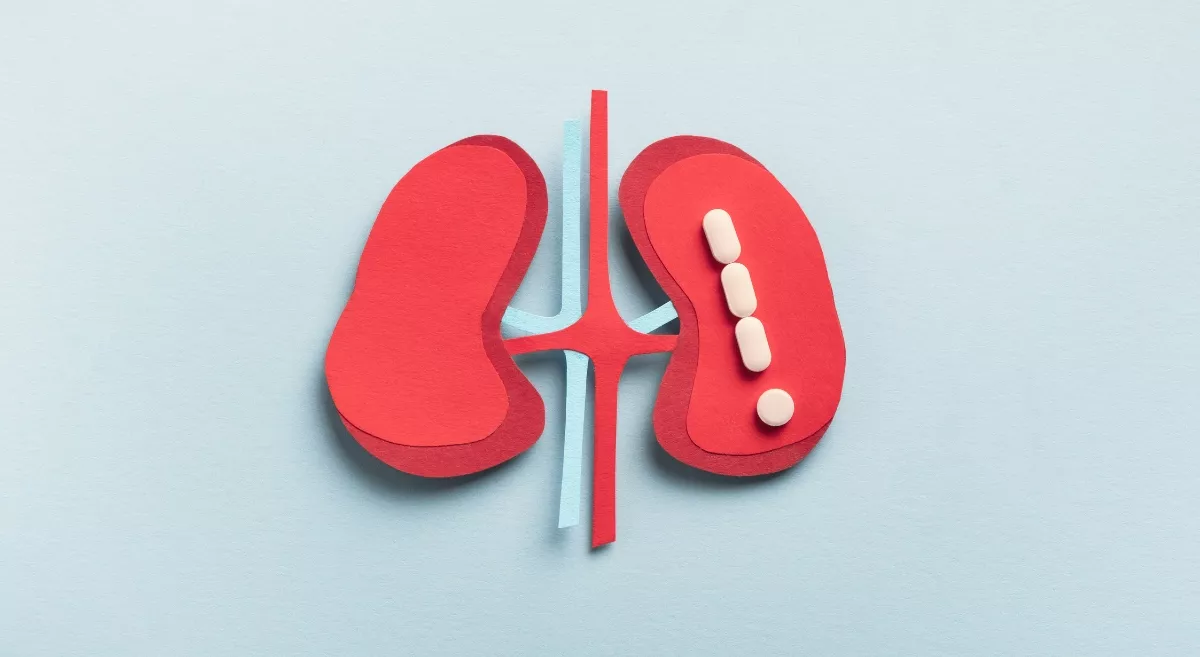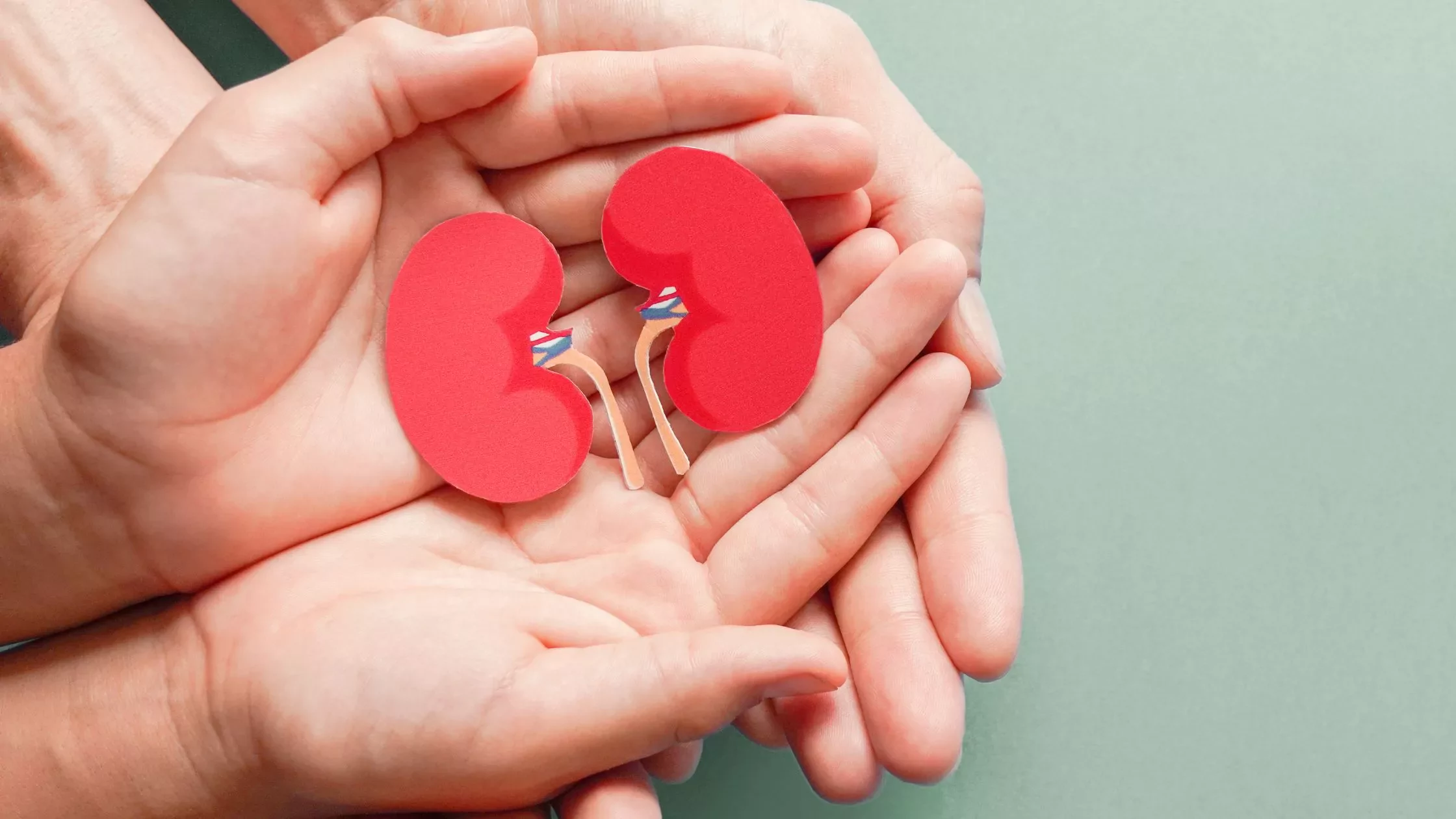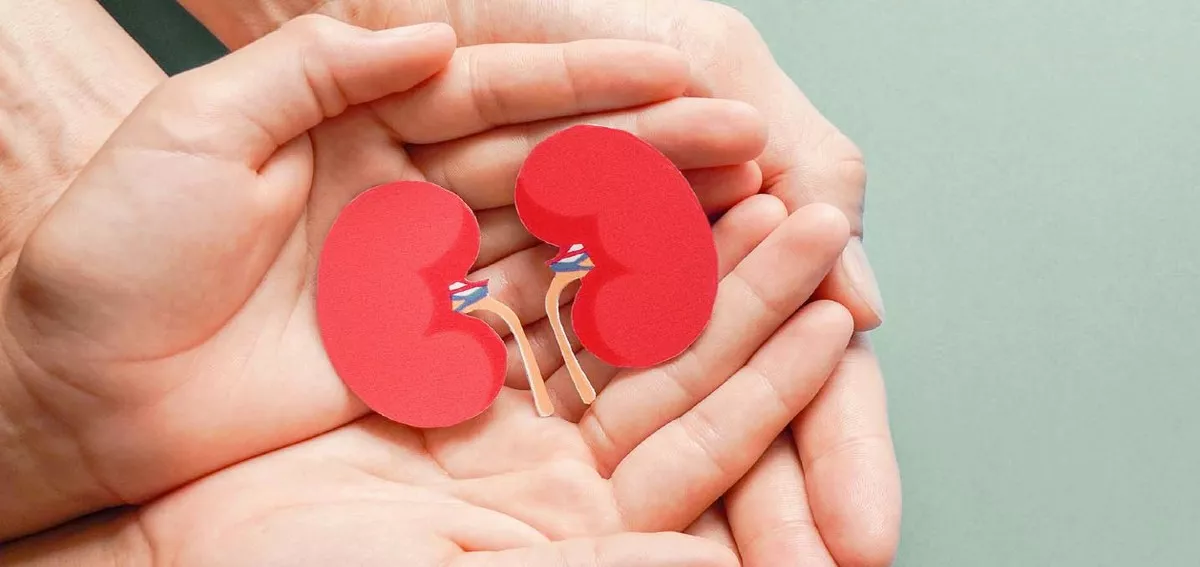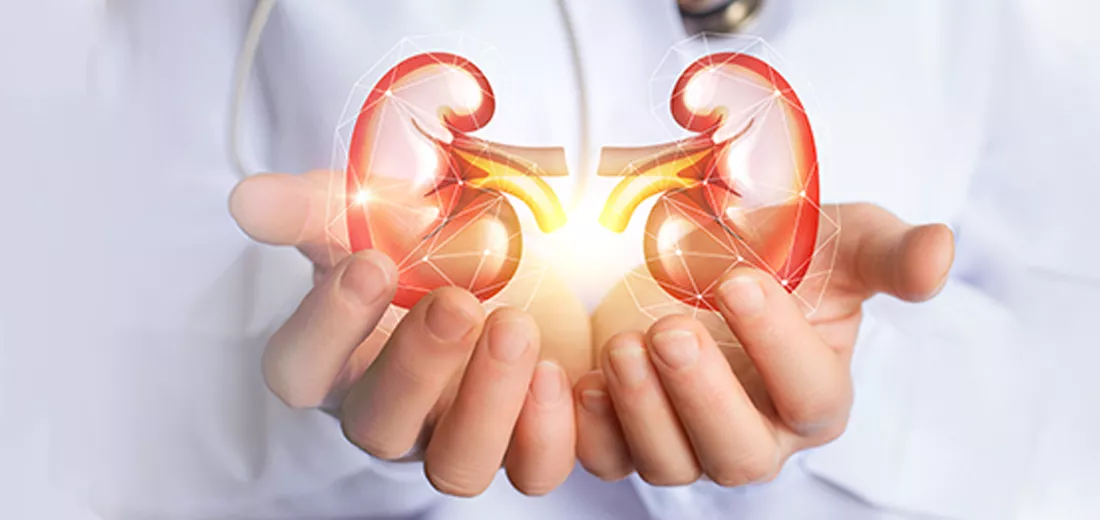In today's fast-paced world, pain has become an unwelcome companion, frequently disturbing our daily routines and lowering our quality of life. To alleviate this suffering, painkillers have become a common sight in our medicine cabinets, providing a quick treatment for a variety of ailments. While these medications provide immediate relief, their long-term or excessive usage can be harmful to our kidney health, the silent sentinels that play an important part in our general well-being.
Prevalence of Painkiller Use in India
Painkiller consumption is on the rise in India, a country with a large and diversified population. The availability of these pharmaceuticals over the counter, along with extensive marketing campaigns, has made them easily available to the general public, often leading to self-medication and disrespect for proper dosage guidelines. This extensive use of painkillers, particularly among people with pre-existing renal disease, raises worries about the long-term effects on kidney health.
The Role of Kidneys in Our Health
Our kidneys, which are often ignored but vital organs, filter our blood, remove waste products and pollutants, and maintain a delicate balance of fluids and electrolytes. They serve an important function in blood pressure regulation, hormone production, and limiting the buildup of toxic substances in our systems. When our kidneys work properly, we have good overall health and vigour.
How Painkillers Can Disrupt Kidney Function
Painkillers, particularly nonsteroidal anti-inflammatory medications (NSAIDs) such as ibuprofen, naproxen, and diclofenac, can disrupt this delicate equilibrium, potentially causing kidney injury. NSAIDs, which are used to treat pain and inflammation, can constrict blood vessels in the kidneys, limiting blood flow and impairing their ability to adequately filter waste products. Long-term use of these drugs may raise the chance of developing chronic kidney disease (CKD), a disorder characterised by a steady reduction in kidney function.
Protecting Our Kidneys
The key to protecting our kidney health is to be proactive, which includes both responsible painkiller usage and the development of healthy lifestyle practices.
Use of Painkillers in a Responsible Manner
- Consult Your Physician: Consult your doctor before taking an over-the-counter pain reliever to decide the best drug for your condition and to confirm it is safe for your kidneys.
- Follow the Dosage Guidelines: Never exceed your doctor's advised dosage or length of therapy.
- Keep an eye on Kidney Function: Daily check-ups and monitoring of kidney function are critical, particularly if you take pain relievers daily or have pre-existing renal issues.
- Consider the following alternatives: Examine non-pharmacological pain management methods such as exercise, physical therapy, and relaxation techniques, particularly if you have persistent pain.
- Open Communication: Maintain open contact with your doctor about any changes in your health or any side affects you may encounter while taking pain relievers.
Lifestyle Modifications for Kidney Health
Complementing responsible painkiller use with healthy lifestyle choices can improve kidney health and general well-being significantly:
- Maintain a Healthy Weight: Being overweight puts extra strain on the kidneys. Even a minor weight loss can enhance kidney function.
- Regular Physical Activity: Physical activity enhances general health and aids in the management of blood pressure, blood sugar levels, and weight, all of which have a good impact on kidney function.
- Hydration: Water is essential for kidney function. To keep your kidneys hydrated and flushed out, drink plenty of water throughout the day.
- Salt Limitation: Excess salt consumption can elevate blood pressure and strain the kidneys. Reduce your risk of kidney injury by eating low-sodium foods and limiting your salt intake.
- Cessation of smoking: Smoking causes blood vessel damage and can affect kidney function. Smoking cessation is one of the most beneficial things you can do for your overall health, including your kidneys.
While painkillers provide temporary relief from pain, heat, and inflammation, they can be harmful to kidney health if used excessively or without sufficient direction. Understanding the hazards, following safe painkiller usage guidelines, and adopting healthy lifestyle practices are all important measures in safeguarding your kidney health. You can reduce the influence of painkillers on your kidneys and maintain overall renal function by adopting preventative actions.













